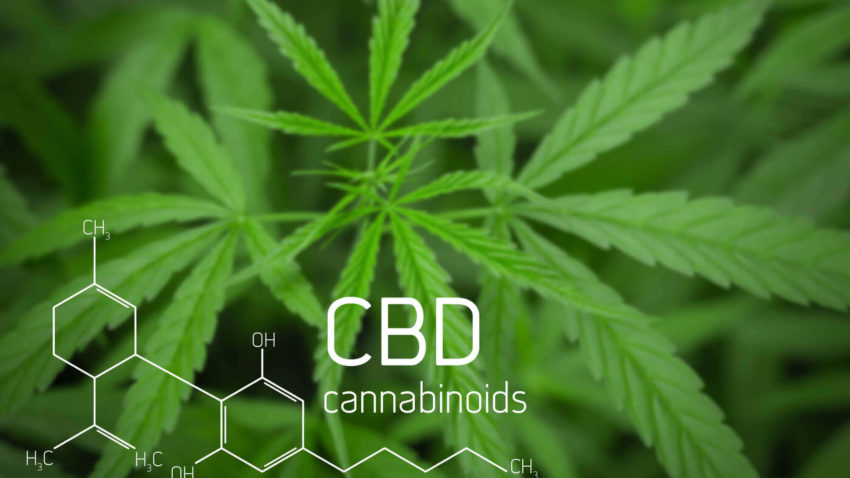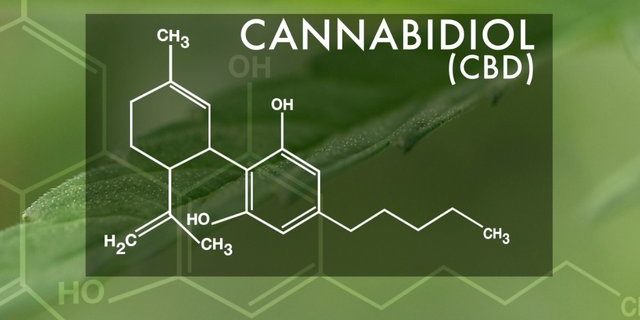
THC Side-Effects
THC’s side-effects are usually the most obvious – not surprising, seeing as it is the prominent psychoactive cannabinoid found in cannabis. At low doses of around 3 mg or less, THC may have little-to-no psychoactive effect, although there may be a slight feeling of euphoria. Some people start at a dose of around 5 mg THC when using edibles, where there may be some euphoric effect, but to a manageable level.
For most people, the main problems with THC come when too much is ingested too quickly. Sleepiness, lethargy, feeling hot and sweaty or cold, anxiety, paranoia, “cotton” or “dry” mouth (i.e. a lack of saliva in the mouth), the “munchies” (extreme hunger pangs), a sense of a loss of self, short-term memory loss, dry, red eyes and, more rarely, dizziness and nausea are the most common negative side effects, although sleepiness and hunger pangs can be beneficial for certain conditions. An increase in heart rate, followed by a decrease, is also common.
As for the likelihood of experiencing a psychotic episode, this is only likely to occur in those who are already predisposed to conditions where psychosis may be an issue (e.g. schizophrenia). For children and adolescents, exposure to high amounts of THC on a regular basis may have some long-term effects on memory, mood and behavior, as the brain is still developing. For those aged 25 and over, however, the long-term effects of THC are not known (as is the case with many medications)
Eating cannabis also tends to have longer lasting and stronger effects than other ingestion methods. Whilst vaporizing, inhaling or smoking small amounts of THC can provide a more immediate effect, they are not necessarily the healthiest methods of ingestion. Tinctures, topical’s, patches, inhalers, suppositories and all the ingestion methods associated with the usual ways of taking medicine can often provide a more controlled release of THC; but, with a few exceptions, finding a company that produces a properly standardized product that releases a specific dose upon every application is difficult.
Fortunately, the side-effects of taking too much THC are not life-threatening. Staying hydrated, eating well, keeping relaxed and not worrying too much is often the best strategy. Some people use black peppercorns for their pinene and beta-caryophyllene to beat anxiety and lessen some of the effects negative effects of THC. CBD is also used to dampen the effects of THC, usually by taking equal amounts of CBD to the amount of THC ingested.
However, although CBD can reduce THC’s anxiety-inducing properties, in small doses and in combination with THC, it can prolong THC’s effects to a certain extent whilst also lessening its more paranoia-inducing effects to a smaller extent. Small amounts of THCV may also be used, as it is a CB1 receptor antagonist at low doses. However, at high doses, THCV is a CB1 receptor agonist and so has psychoactive effects. So, basically, as with any other medication, dosing cannabis matters.
CBD Side-Effects
CBD is an interesting compound. Although not psychoactive in the same sense that THC is, the fact that CBD has a physiological effect means that CBD does have some sort of psychoactive effect – just not one that seems to cause a significant alteration in perception. Some potential side-effects of CBD include low blood pressure, lightheadedness, drowsiness or even wakefulness and feeling “jittery” if high doses are used. There is some evidence suggesting that using bad quality, hemp-based CBD may increase the rate of seizures for those with epilepsy. CBD may also lower body temperature. Fortunately, this appears to be changing as cannabis gains wider and wider acceptance within the medical community; it’s worth noting that an overwhelming majority of Americans now support decriminalizing medical cannabis. That said, a percentage of doctors may not only be inexperienced with cannabis but feel that it’s merely a recreational drug with no valid medical use. Remember that medical cannabis was never taught in medical school.
In some instances, Parkinson’s patients may feel an increase in their tremors, whilst high doses of CBD may actually increase intraocular pressure in glaucoma patients. However, perhaps the main problem with CBD is not necessarily its side-effects as opposed to its physiological effects. Little is known about the long-term side-effects of consuming CBD, although current studies suggest that it is generally well-tolerated and safe for most people. And, they have fact sheets and condition-based booklets that you can share with your physician.” (See the Publications section on the Americans for Safe Access website.)
Cannabis is not usually associated with hangovers. After all, you tend not to get the headaches, nausea/vomiting and dehydration associated with alcohol. Yet, for anyone who’s used cannabis for long enough, they will realize that the residual effects of cannabis can be felt into the next day. THC dominant products, on the other hand, are preferred by patients with chronic pain or who are undergoing palliative cancer care to help with the symptoms of nausea, vomiting, and low appetite. Very rarely is a cannabis hangover painful (headaches and nausea are possible, but not common), but forgetfulness and “brain fog” is often experienced. Usually, the best way to overcome a cannabis hangover is by staying hydrated, fresh air and some sort of physical exertion. your doctor may be legally obligated to alert child protective services.
We have gone over this concern many times, but it is worth reiterating: cannabis is not physically addictive, although around 9% of regular users can develop a psychological addiction called cannabis misuse disorder. Occasional use does not seem to be addictive, and even regular use is not a major concern in controlling use for most people. On the whole, cannabis is far less addictive than alcohol, tobacco, benzodiazepines, opioids and some would even say coffee!
When it comes to the natural phytocannabinoids made by the actual cannabis plant, there is only a theoretical chance of a deadly overdose if cannabis is used on its own – it would take consuming around 1500 pounds of cannabis to induce a lethal response. The endocannabinoid system (ECS) breaks down cannabinoids very rapidly, meaning that dangerous levels of cannabinoids are never really reached.
When it comes to synthetic cannabinoids, it seems that it is certainly possible to overdose on them. This is because some types of synthetic cannabinoids can shut down some of the human body’s essential processes – the ECS is intimately involved with homeostasis, after all, and desensitizing or shutting off the wrong part of it can cause some major health problems, or even death. For this reason, care must be taken with synthetic cannabinoids, even in clinical settings.
Sadly, we do not know enough about the pharmacology of every single cannabinoid to determine how each one affects us precisely, especially in the long term. The matter gets even more complicated when you start mixing different cannabinoids and terpenoids, as they all influence the way in which other cannabinoids behave. High doses of CBG may cause nausea and block the antiemetic effects of THC,
There is also cannabinoid hyperemesis syndrome (CHS), but the condition is extremely rare and how it is caused precisely specifically is not known. So far, it is mostly THC that has been implicated in the development of CHS (CBD may increase CB1 receptor expression in the brain and therefore lead to a greater amount of receptors being exposed to THC and its hypothermic effects), and consumption must be regular and heavy says many medical marijuana doctors near me. As everybody’s ECS is different and the pharmacology of cannabinoids is varied and complex, some people may get side-effects that others do not. Overall, though, cannabis is generally very well tolerated and you cannot have a deadly overdose on it when used alone. There are few if any substances on this Earth with the safety profile of cannabis, which is why its medical potential is so exciting. However, the only way we’re going to know how safe cannabis truly is, is by removing the barriers to researching the plant properly and without fear of the law.
Further Resources & Publications:
- Americans for Safe Access: State-by-State Legal Information and Forms for Recommending Cannabis
- Americans for Safe Access: Resources for Patients
- Americans for Safe Access: Becoming a State-Authorized Patient
- Project CBD: What Is The Endocannabinoid System
- Medscape: Endocannabinoids
- Healer.com: Cannabis Education
- Australian Government Department of Health: Health Professional Information & Education
Click here, here, and here to find evidence of a test, analysis, research, or study describing the benefits, performance or efficacy of CBD based on the expertise of relevant professionals.

